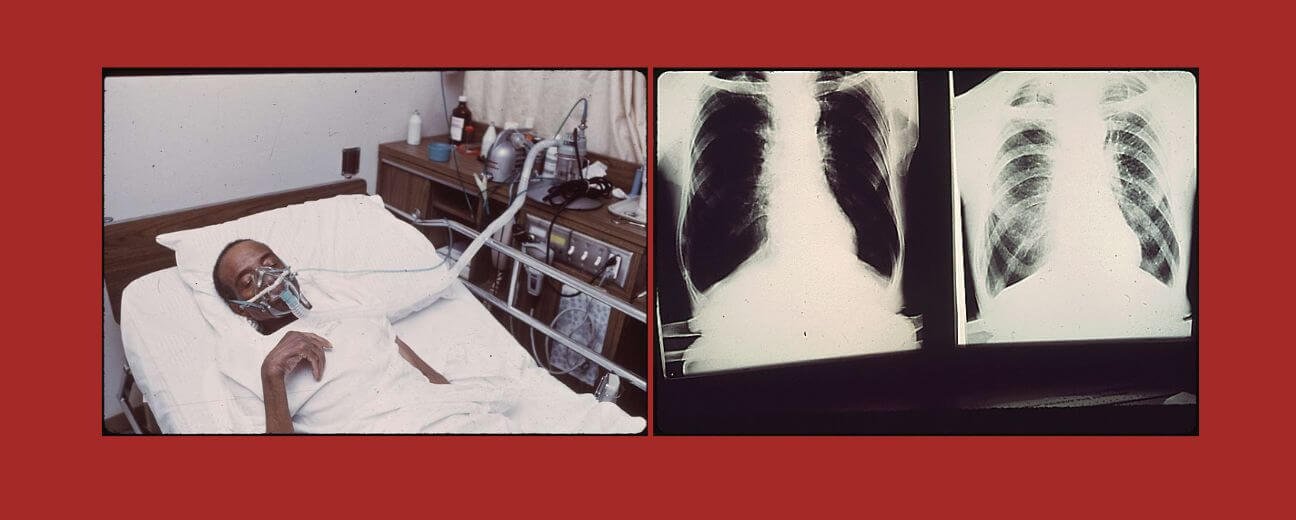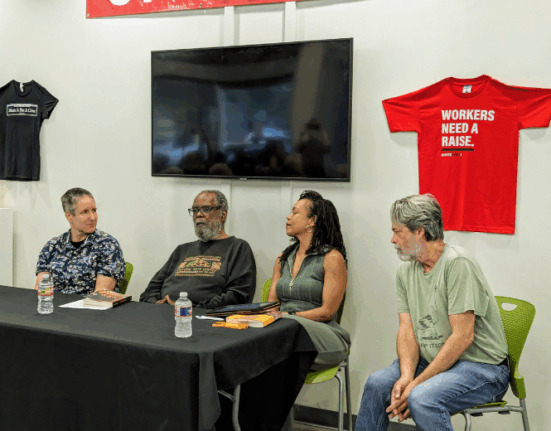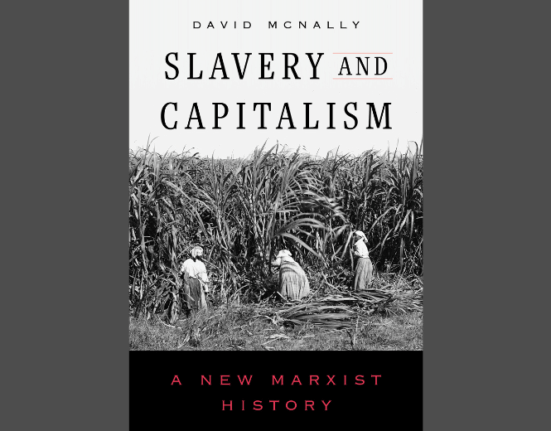Coal Country is MAGA Country. In the coal producing regions of Appalachia, Donald Trump received almost three-fourth of the votes in each of the last three Presidential elections. A major reason is Trump’s promise to revitalize the coal industry, which has been in sharp decline for over half a century, replaced as a primary fuel by oil and gas. Trump calls for increased coal production and use despite the environmental impact coal mining has on local communities and how coal fueled power plants spew greenhouse gases into the atmosphere, contributing to rapid global warming and disastrous climate change.
Trump’s support for an expanded coal industry along with proposed cuts in federal health and research spending also have other consequences threatening the lives of MAGA voters in coal country.
Black Lung disease, known medically as pneumoconiosis, is caused by years of breathing in coal and rock dust at work debilitating coal miners as they age. The dust causes lung tissue to harden making breathing difficult and eventually leads to premature death. The Coal Mine Safety and Health Act of 1969 set maximum dust levels permitted in coal mines and since the 1990s and until recently, federally mandated safety standards reduced the amount of deadly dust created in the production of coal, largely eliminating Black Lung disease.
But Black Lung is once again emerging as a major health problem in the Appalachian coal mining region. According to doctors from the National Institute for Occupational Safety and Health (NIOSH), one in five miners with at least 25 years in the mines has some level of the disease and it is now affecting even younger coal miners. Between 1970 and 2016, Black Lung diagnoses in West Virginia and Kentucky rose by over 16 percent and in Virginia by over 30 percent. NIOSH doctors describe this increase as an epidemic.
Despite this upsurge, the proposed 2025 Labor, Health and Human Services, Education, and Related Agencies Appropriations Act would block enforcement of a safety rule that reduces a coal miner’s exposure to the crystalline silica in rock dust that contributes to Black Lung. The Trump administration’s Mine Safety and Health Administration (MSHA) recently announced it was delaying enforcement of the crystalline silica rule.
Because of the danger of their work, the federal Coal Workers’ Health Surveillance Program offers every coal miner in the United States access to free medical care. But the Trump Administration’s DOGE budget cuts eliminated several federal workers responsible for X-rays that monitor the progress of the disease and for training doctors to read specialized lung scans.
Coal companies are required to provide disability benefits and health insurance for miners suffering from Black Lung disease, but they are allowed to self-insure rather than contract with established health care providers. Inadequate oversite by the Department of Labor, which will only worsen with Trump administration’s regulatory cuts, permits coal companies to drastically under-finance health insurance so the money is not there to ensure payments.

By law, the federal government is supposed to pay disabled coal miners with Black Lung disease benefits if the coal company they worked for goes bankrupt, something coal companies or their subsidy corporations are doing at an accelerated rate to avoid making disability payments. Money for the federal insured disability benefits comes from an excise tax on coal sales that goes into a Black Lung Disability Trust Fund, but if there is insufficient revenue, the Fund borrows from the Treasury Department which means the benefits could be threatened by proposed tax and budget cuts. The Trust Fund is already in debt to the Treasury Department for about $6.5 billion.
Another threat to health and safety in Appalachian communities is proposed cuts in Medicaid and food subsidies known as SNAP. According to the Appalachian Regional Commission, 20% of people in Central Appalachia receive SNAP benefits and more than 40% of adults in Central Appalachia have health coverage through Medicaid. The American Hospital Association warns that proposed Medicaid cuts would have a devastating impact on rural hospitals which often have a large number of patients without health insurance. States facing the greatest health crisis in coal country include Kentucky, West Virginia, Alabama and Tennessee. The Trump Administration also plans to eliminate clean energy projects resulting in the loss of thousands of jobs in the region.
Author
-
Alan Singer is a historian and teacher educator at Hofstra University, Hempstead, New York. His most recent book is Class-Conscious Coal Miners: The Emergence of a Working-Class Movement in Central Pennsylvania (SUNY Press, 2024). He can be reached at catajs@hofstra.edu






